Our research
Professor Vike Plock, Senior Lecturer in English
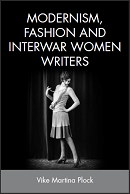
My research on Edith Wharton, Elizabeth Bowen and Virginia Woolf shows that many interwar women writers were passionately interested in fashion at a time when women’s clothes changed from the tightly laced costumes of the late Victorian period to the loosely fitting garments worn by the 1920s flapper. They used their writing to think about the ways in which contemporary fashion protocols regulated gender politics. But they were also aware how fashion organised social relationships by providing outlets for creative expression and by allowing individuals to signal belonging to particular social groups. For them fashion was more than a trivial matter. It was an urgent concern that allowed them to discuss identity politics in a time of significant cultural upheaval.
Professor Daisy Hay, Associate Professor in English Literature and Life Writing
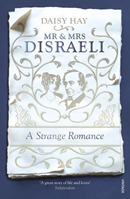
As a practicing biographer I have a particular interest in the way women’s lives are archived and retold. In my first two books, Young Romantics and Mr and Mrs Disraeli, I explored the stories of women who have in the past been overshadowed by the men amongst whom they lived: Mary Shelley’s step-sister, Claire Clairmont, for example, and Disraeli’s wife Mary Anne. While working on Mary Anne Disraeli’s papers I uncovered the histories of a group of forgotten women whose narratives came to form the intellectual and emotional backbone of my book. The review of which I’m proudest recognised the significance of those stories, calling Mr and Mrs Disraeli ‘a page-turner of a historical, political, and feminist romance.’ My current book project continues this work, as does a new project I’m tentatively developing, on the way in which the labour of care has been represented in women’s archives and in the writing of female lives.
Dr Emily Bridger, Senior Lecturer in Global and Imperial History
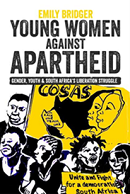
In her new book Young Women against Apartheid, Emily Bridger (Senior Lecturer in Global and Imperial History) tells the story of African girls and young women who, as teenagers and school students, made the unconventional choice to join student organisations, engage in public protest, and take up arms against the apartheid state in South Africa. At the heart of the book lie the life histories of these women themselves, who in interviews construct themselves as decisive actors in South Africa’s liberation struggle.
Dr Emily Hauser, Lecturer in Classics and Ancient History
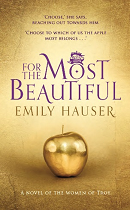
Emily Hauser is a Lecturer in Classics and Ancient History at the University of Exeter and the author of the acclaimed Golden Apple trilogy, retelling the stories of the women of Greek myth: For the Most Beautiful, For the Winner and For the Immortal. Emily’s research and novels focus on uncovering the lost stories of the women of the classical world. She is currently working on a book titled Authoress: Gendering Poets in Ancient Greece (under contract with Princeton), which brings to the fore some of the less known women writers of antiquity, and shows how they made their voices heard in a male-dominated world.
Website: www.emilyhauser.com
Twitter: @ehauserwrites
Professor Jane Whittle, Professor of Economic and Social History
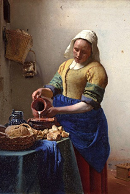
Jane is a historian whose research examines women’s work in England from 1300 to 1800. Her work overturns the common assumptions that women’s contribution to the wider economy was limited in this period and that women’s traditional work role was centred on unpaid housework and child care. She currently holds a European Advanced Grant to study ‘Forms of Labour: Gender, Freedom and Experience of Work in the Preindustrial Economy’.
Professor Danielle Hipkins, Professor of Italian Studies and Film
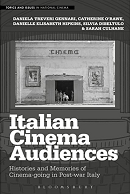
Girls, Italian cinema and its written history seem to tell us, should be seen and not heard. A new AHRC-funded project developed in collaboration with the University of La Sapienza, Rome, A Girls’ Eye-View will dramatically shift this perspective on the Italian film industry and its recent history. It will foreground female responses to Italian film when it still fails to represent rounded female characters. Using ethnographic interviews with girls and women of different ages about their experience of screen representation, it draws the significant demographic of female audiences back into Italian cinema’s future. This project is in dialogue with research and teaching on European girlhoods on screen that Danielle Hipkins is working on with her colleague in Film Studies at Exeter, Fiona Handyside.

